

We may earn revenue from the products available on this page and participate in affiliate programs. Learn More ›
Home Advice You Can Trust
Tips, tricks & ideas for a better home and yard, delivered to your inbox daily.
By signing up you agree to our Terms of Service and Privacy Policy.
Always Ask
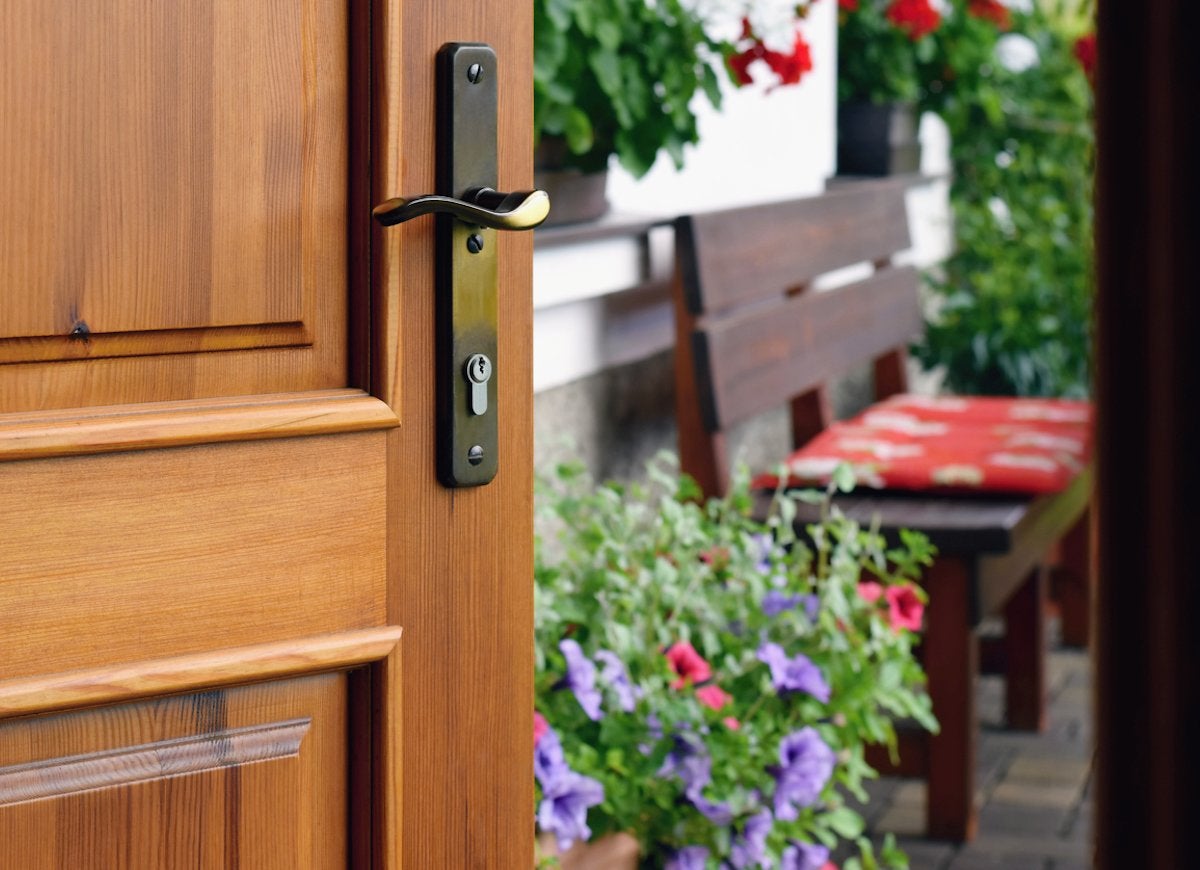
Open houses are a great way to see a property you’re interested in without having to arrange for a private showing. As well, the agent hosting the event is often the home’s listing agent, so the open house gives you a chance to ask a few detailed questions. Remember, though, that you want to do the asking, not the answering. Don’t offer information about your finances or your house-hunting situation at an open house, but do make sure you ask the following questions.
How long have you had the listing?
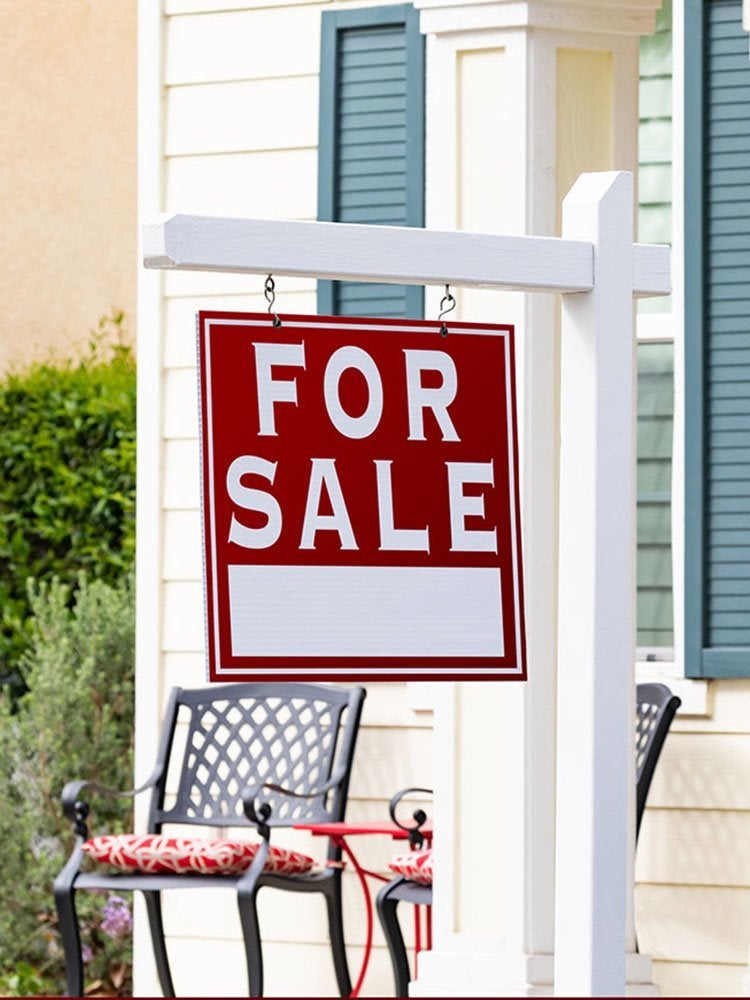
According to the real estate site Zillow, the average house is on the market for 68 days before it sells. Newly listed houses are likely to sell more quickly than houses that have been on the market for months or even longer. If a house has been on the market for a while, be aware that something might be wrong, and proceed with caution.
Was the house on the market before you got the listing?

Knowing how long an agent has had a listing doesn’t necessarily tell you how long the house has been on the market. Sellers will often switch real estate agencies if their listing has expired and their house didn’t sell. So, while the agent hosting the open house may have had the listing for only a few days, another agency may have had the listing for six months or a year. You’ll need to ask to get the full story.
Any DIY renovations?

It’s not unusual for homeowners to add a room, upgrade a bathroom, or open up space, but renovations should always be done by professional contractors in accordance with local codes. If the home you’re looking at was remodeled by the homeowner, there could be wiring, plumbing, and structural problems.
Have you done a market analysis?

Real estate agents typically perform a market analysis, which compares the house in question to similar houses that sold recently. The analysis helps the agent to come up with a reasonable listing price, and it also gives potential buyers a good idea of how much to offer if they decide to move forward with the house.
What stays with the house?

During the open house, you may be enthralled by the gorgeous chandelier in the dining room, but don’t count on the sellers leaving it there. Oftentimes, sellers plan to take with them installed items that have special meaning; these items should be enumerated in their listing contract. Don’t just assume something will stay with the home because it’s installed. Ask the agent.
May I see a copy of the disclosure statement?

Real estate regulations require sellers to list all known material defects in their homes when they go to sell. Often, the agent who hosts an open house will have a few copies of the disclosure statement and will give you one if you ask. On the disclosure statement you’ll find such information as the age of the roof, whether the house has ever been treated for termites, and whether it contains lead-based paint.
What’s the neighborhood like?
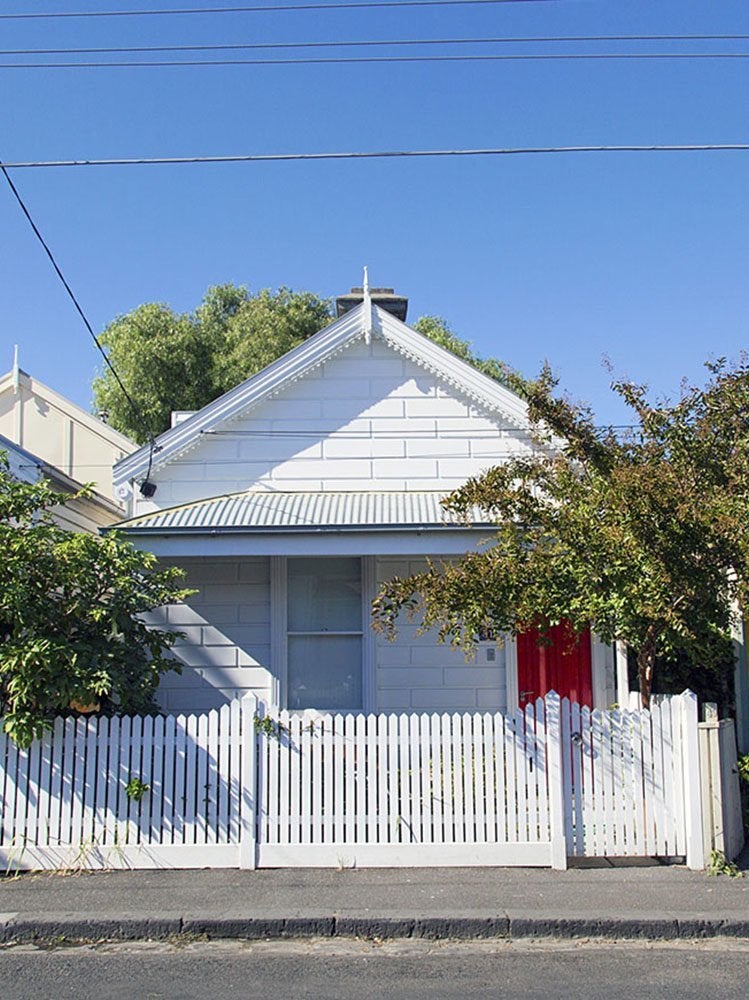
A home’s asking price may be great, but if the neighborhood crime rate is high, the house is no bargain. Ask the agent hosting the open house if the neighborhood is safe, and also find out if she knows of any projects planned for the immediate area, such as a proposed mall slated for development across the street.
Do the appliances sell with the house?
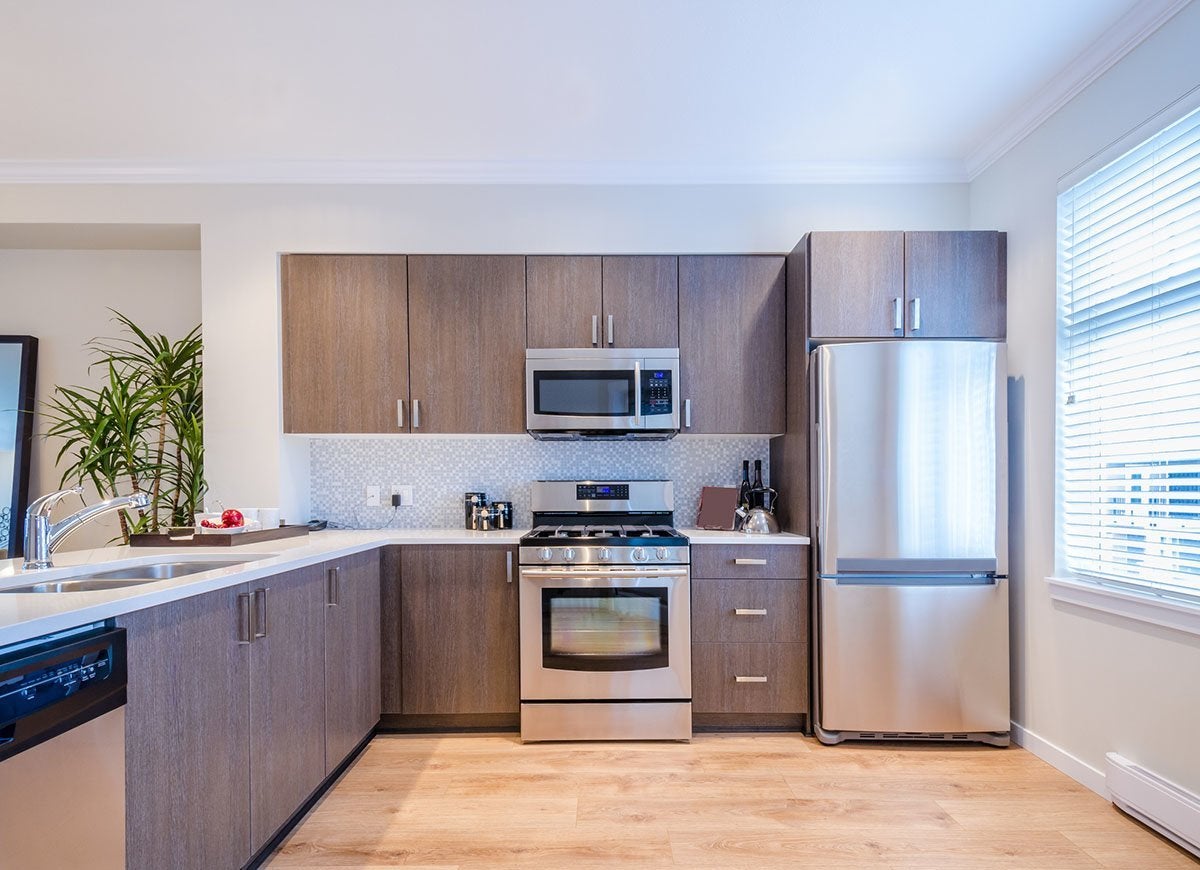
To avoid having to purchase brand-new appliances, home buyers often want the existing appliances to come with the house. On the other hand, sellers may choose not to include them, in part because they present a risk of voiding a sales contract if they aren’t in perfect working order. The agent will know if appliances are included in the sale. If they aren’t, you can always negotiate for them.
Is there a homeowners association?

Homeowners associations (HOAs) are designed to protect the quality of life and home values in a neighborhood, but they can be overly controlling at times. If the agent tells you there is an HOA, stop by the HOA office and pick up a copy of their regulations. Before you make an offer, you’ll want to be sure you can live with their rules.
Are there any offers on the table?

A well-priced, newly listed house may draw one or more offers soon after it hits the market, and the sellers may be waiting to see if additional offers come in before choosing one. If there are other offers on the table and you submit a low-ball offer, the sellers could reject it without making a counteroffer. You’re in a safer position to submit a low offer if no other offers have yet been made.
Related: 18 Hidden Costs of Moving
Speak Up
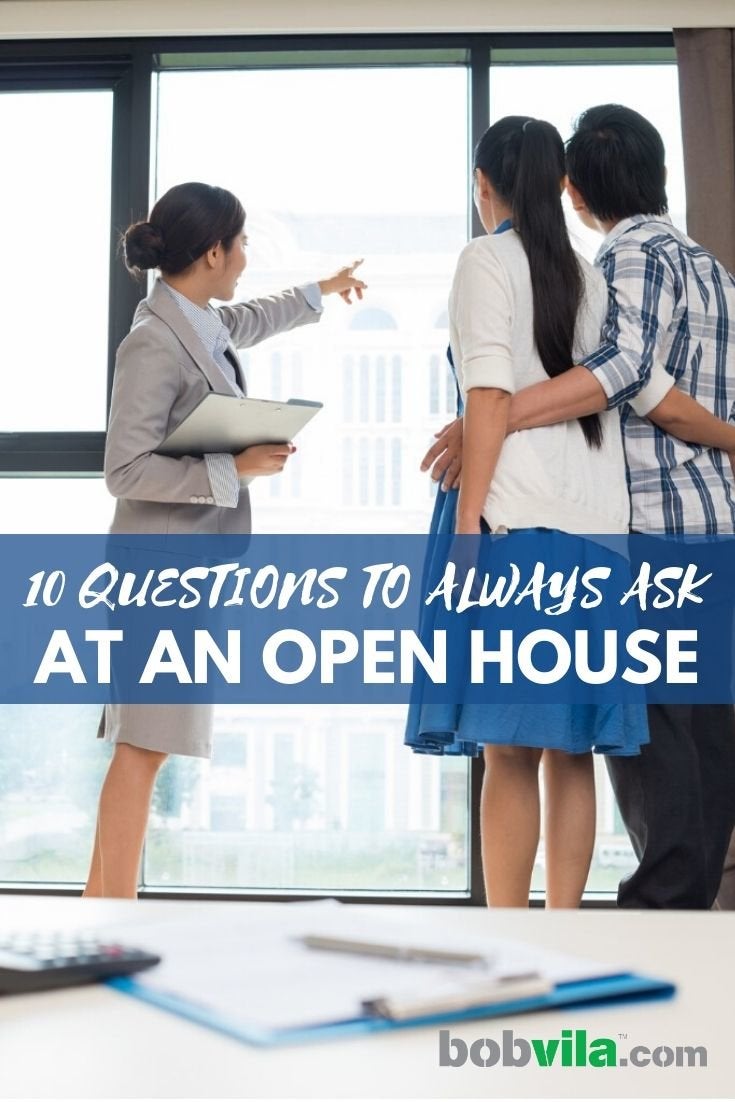
There’s no such thing as a stupid question when you’re making a major purchase like buying a house. Get the answers so you can feel confident about moving forward in the process or continuing the house hunt.

All You Need to Care for Your Lawn & Garden
Keeping your grass green and your plants thriving doesn’t just take a green thumb—it starts with the right tools and supplies.